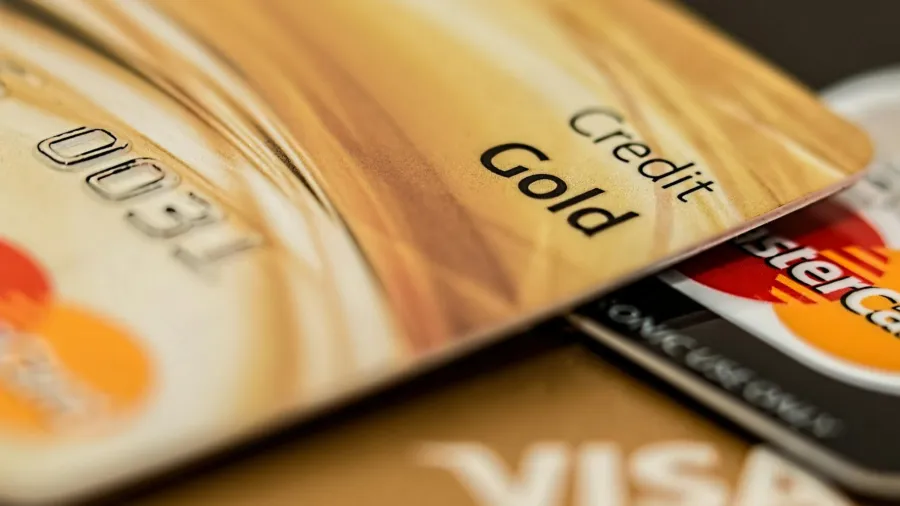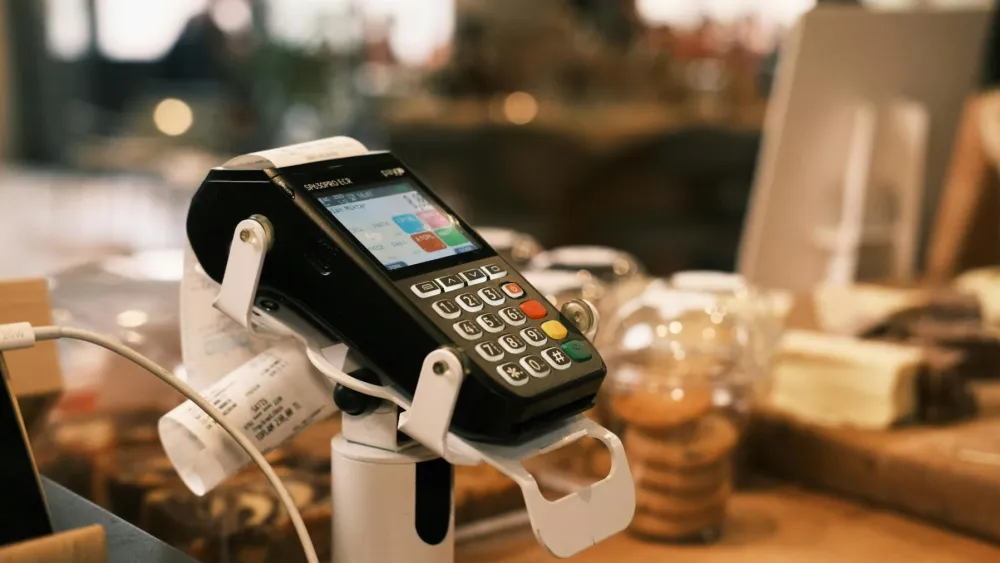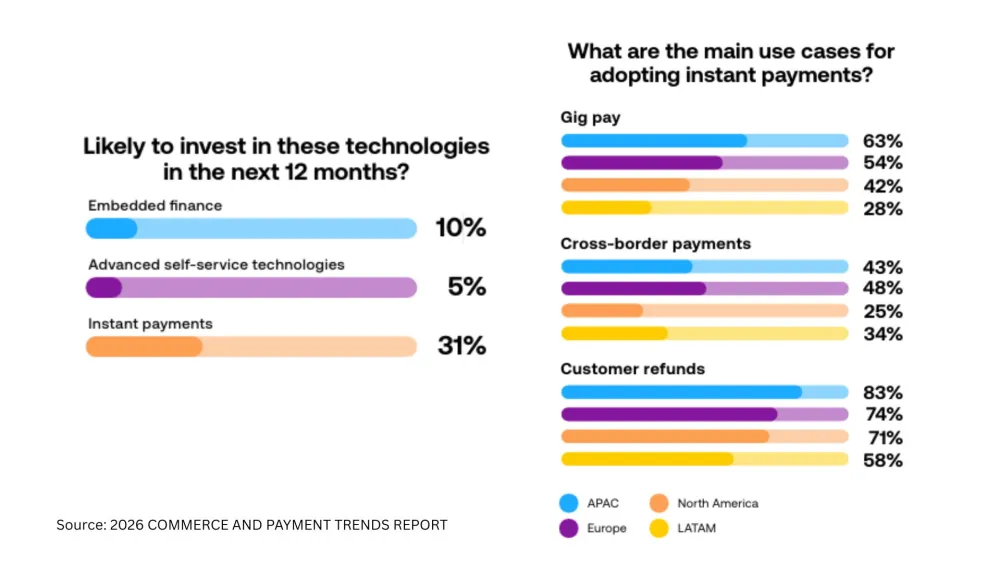
How virtual cards can benefit wholesale and retail trade, healthcare
These cards can help businesses better manage their margins.
Virtual cards in business-to-business (B2B) payments can benefit the wholesale and retail trade, and healthcare sectors, according to a report by Mastercard.
The bulk of commercial payments in Asia still comes from account-to-account electronic funds transfers (ETFs). Together, they account for over a fifth of cardable domestic B2B spending in Australia, China, India, Indonesia, the Philippines, and Singapore combined.
Whilst the norm, ETFs are rife with problems, such as inefficient manual reconciliation in the event that transaction data is not supported by sufficiently detailed information.
It also has no payment reversals for irrevocable real-time payments, which increases fraud risk; no payment guarantees for automated clearing house (ACH) transfers; and possibly lack transparency in fees involving international payments. Commercial and in particular virtual cards can help in addressing these concerns, according to Mastercard.
For wholesale and retail trade, virtual cards can help businesses manage their margins better by delaying payments and speeding up the process of tracking money owed and received, the card payments company said.
“In [the wholesale and retail trade] sector, B2B transactions often involve large volumes of small sales with tight profit margins, similar to regular consumer sales,” it said.
The healthcare sector can also benefit by navigating complexities in the sector’s fragmented supplier bases, such as tech firms; and even in price transparency from healthcare providers and insurers.
“With healthcare costs expected to rise, involvement of multiple public and private sector stakeholders, and slow payment processes, the use of virtual cards can be beneficial to help manage invoices and payments efficiently,” it said.
Singapore notably saw a nearly six-fold increase in inbound cross-border cardable spending between 2017 and 2023 in the human health & social work activities category, Mastercard said.
“Tight margins, dispersed stakeholders, complex ecosystems, longtail spending. The commercial benefits of virtual cards span the diverse needs of industries ranging from wholesale to healthcare at home and abroad,” said Tancho Fingarov, senior principal, services, Mastercard.
All the while, buyers can keep money in their accounts for longer, and suppliers can still receive payments on time, Fingarov said.
Over 8 in 10 or 85% of bank executives said that virtual cards improve organizational processes, and 84% believe they enhance cybersecurity.



















 Advertise
Advertise











